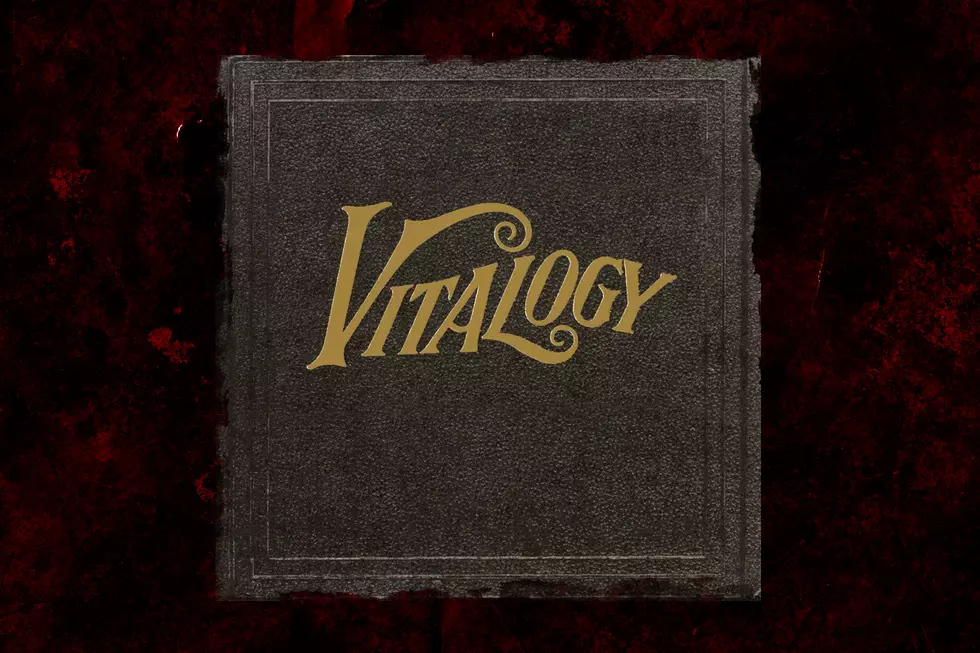How Pearl Jam, the Eagles of Death Metal, the Who and Others Bounced Back from Concert Tragedies
The headlines surrounding music's biggest concert tragedies were shocking, unforgettable.
On June 30, 2000, Pearl Jam watched in horror as a rain-soaked crowd at Denmark's Roskilde Festival crushed nine people and injured 26 more.
The Eagles of Death Metal were playing a Nov. 13, 2015 concert at Le Bataclan in Paris when four gunmen began shooting, killing 87 fans.
On Dec. 3, 1979, 11 fans died during a stampede at Cincinnati's Riverfront Coliseum during a Who concert.
The question after each was: What next? How do bands recover? The answers are as varied as the gruesome events themselves.
For Pearl Jam, there was a desire to connect personally. The Eagles of Death Metal got back to work, vowing to finish their interrupted concert. Sweeping procedural changes followed the Who concert, and again after a fire rampaged through a show by Great White.
The two remaining dates of Pearl Jam's 2000 European tour were canceled, and the band even reportedly discussed retiring. They eventually returned to the road, however, appearing back in the U.S. that August. Eddie Vedder began the show at GTE Virginia Beach Amphitheater by gently reminding the crowd to "be careful."
In taking a break, Pearl Jam followed in the footsteps of the Rolling Stones. They were off the road for almost eight months after a Dec. 6, 1969 appearance at the Altamont Festival descended into murderous violence – and when they returned to the stage, it was closer to home in Europe. The Stones didn't play America again until 1972.
Pearl Jam insisted that the Roskilde disaster had been entirely avoidable. Officials blamed mud-slicked grounds, which made it more difficult for audience members to avoid suffocating or being trampled by staying on their feet. Band members argued that security should have alerted the band – which was about to launch into "Alive" when it became clear what was happening below – so that they could have intervened by stopping the show.
In the meantime, they connected directly with survivors. Pearl Jam guitarist Stone Gossard made an emotional trip to Copenhagen in 2003, where he began an unlikely friendship with Ebbe and Birgitta Gustafsson – a couple who lost their son Carl-Johan.
"There are very few times in life when you meet someone with such a loving and spiritual presence," Gossard later said. "Birgitta's openness and love has had a significant impact on me. I think we both have touched each other in an unexpected and beautiful way. And it has come out of tragedy — every parent's nightmare. I am very grateful to her."
The Eagles of Death Metal also canceled the rest of their European tour following the Bataclan massacre. They eventually returned to the road and, despite holding to a theory on the attack that sparked controversy, made a point of returning for an emotional appearance at Paris' Olympia Theatre in 2016. The venue saw a heightened police presence that night; psychologists were also on hand in case the music triggered post-traumatic stress.
There was “a sacred responsibility for me to finish this concert,” Jesse Hughes told the French media. “I think that’s what we really need to do is just have fun together so that we can put some of this s--- behind us, and really leave it there so it doesn’t follow us around for the rest of our lives.”
The Who faced a similar situation almost forty years ago, when 11 fans died and eight others were seriously injured as a crowd raced in before show time in Cincinnati. All of those who died were between the ages of 15 and 27. The origin of this disaster can be traced in part to the practice of general-admission seating; 7,000 concertgoers were trying to secure first-come, first-served spots at the edge of the stage. That ultimately led to a national movement toward ticketed seats at large concert venues.
Despite all of that, the Who plunged forward too – though a subsequent date at Providence, R.I. was cancelled over safety concerns in the wake of the deaths in Cincinnati.
"It was, fuck it! We're not gonna let a little thing like this stop us," Pete Townshend told Rolling Stone in 1980. "That was the way we had to think. We had to reduce it. We had to reduce it, because if we'd actually admitted to ourselves the true significance of the event, the true tragedy of the event – not just in terms of 'rock,' but the fact that it happened at one of our concerts – the tragedy to us, in particular, if we'd admitted to that, we could not have gone on and worked. And we had a tour to do."
The Who ended up honoring the original tickets sold for that 1979 show at Providence on a return trip to Rhode Island some 33 years later.
After the Great White blaze, National Fire Protection Association likewise enacted tougher code provisions for sprinklers and crowd management in nightclubs. Jack Russell, however, remained scarred by the incident.
"I was really down, was taking anything I could take,” he told the Boston Globe. “I would just sit for hours and cry. ... I can’t imagine how people feel who lost like their wife, lost their son, lost their daughter, lost their husband or whatever, I can’t imagine the depth of their pain."
Music's Worst Concert Mishaps And Tragedies
More From Ultimate Pearl Jam










